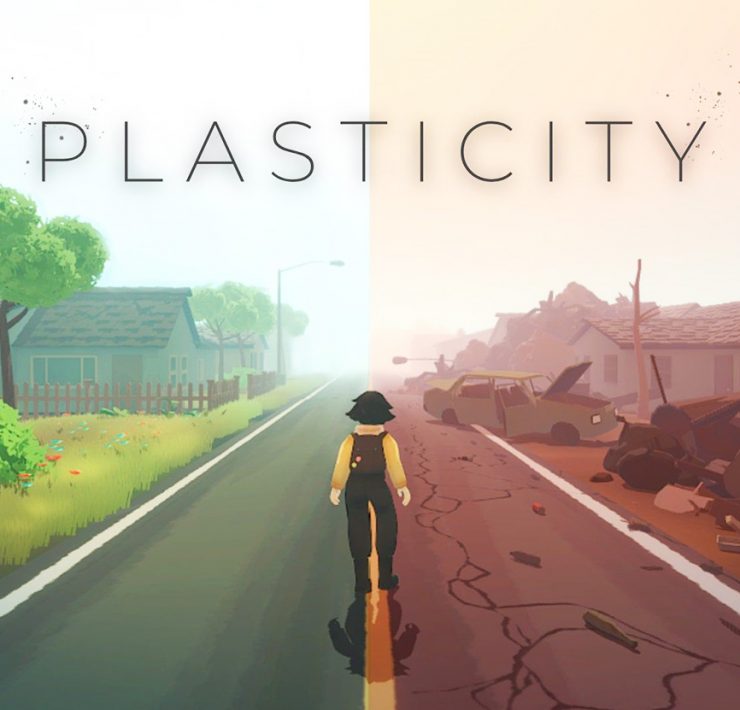Virtual reselling takes centre stage
- Leveraging small-scale closed social networks to provide pre-owned products a new lease of life is a simple, effective solution to our consumption problem.

Siddhant brews his own kombucha, tries to grow his own…
Of late, I have been falling deeper and deeper into the How It’s Made wormhole on YouTube. This Discovery show, on air for two decades now with a whopping 32 seasons out, has covered the manufacturing process of anything and everything. Watch as many videos as I will, there is still an endless list of ‘Watch Next’ recommendations put forth by YouTube’s algorithm — wigs, prefab homes, Basque ham, bowling balls, jawbreakers, bicycle rims, saunas, champagne corks, basketballs, candy bars, stackable chips… the list goes on, seemingly forever.
Fascinated as I am, I am also simultaneously jarred by the energy and abundance of materials required to manufacture just about anything, to the end that whenever I purchase a new product, a horror reel of its probable, energy-intensive production process plays in my mind like a tape stuck on loop. At the risk of sounding like a broken record player, buying new things, whatever they may be, is bad for the environment.
New age online marketplaces for used clothes like thredUP and Poshmark are making waves, with Poshmark’s recently IPO’d shares in the US doubling on listing day, and then doubling again the next day.
Lucky for us, we live in a socially connected world where buying old things is easier than ever. When I was a kid, buying used things would require a trip to a flea market. Today, it requires a message on WhatsApp or Facebook.

The idea of leveraging social networks to buy and sell used items is hardly novel. Long favoured by college students moving in and out of university campuses and hosts of yard sales, the idea is catching on in society at large like wildfire. New age online marketplaces for used clothes like thredUP and Poshmark are making waves, with Poshmark’s recently IPO’d shares in the US doubling on listing day, and then doubling again the next day.
Grand social networks aside, there is massive potential for creating reusage networks on a smaller scale. I was referred to such a network existent in a gated community in Mumbai called Dosti Acres. Founded and moderated by Arpita Jain, a resident, this network, called Dosti BEST — BEST being an acronym for borrow, exchange, sale and resale of things — is a robust marketplace run on a WhatsApp group.
Members respect the few basic ground rules of participating in the group — no contentious comments or images, and no spamming.
Residents actively list things they no longer need for other residents to potentially purchase. The group is active from Monday to Friday, so as to not eat into weekend family time, with each weekday earmarked for a different genre of items: Monday for bicycles, tricycles, prams, and the like, Tuesday for toys and sports accessories, Wednesday for furniture and household goods, Thursday for electronics, and Friday for books. Sellers are free to quote their price and buyers are free to negotiate. The week I spent on the group observing was marked by quick sales of a wide range of items.
Aprita Jain started this group to somehow reduce the number of books amassed by her family. Friendly and talkative, Arpita emphasized the role of the community in maintaining the group and its smooth functioning. Members respect the few basic ground rules of participating in the group — no contentious comments or images, and no spamming — so that the group objective is met with as much efficiency as possible. Most people put price tags on the products they are offering, though some give them away at no cost.
The model is easy and effective enough to execute in any closed social network. Family groups, building groups, work groups can all be leveraged to source and sell pre-owned items. A lot of things last very long; they will either do so in your home or in a landfill somewhere. As a conscious consumer, the decision is fairly easy.
Setting up your very own small-scale closed social network for reselling pre-owned things:
1. Choose the small-scale closed social network you want to work with.
2. Float the idea by them; the consent of all involved members is crucial to making this model work.
3. Establish ground rules: no political propaganda or good morning messages, description and information required for listings, bidding process, etc.
4. Decide on an arbitration process.
Siddhant brews his own kombucha, tries to grow his own vegetables, cycles to places, and wears plaid shirts, but insists he is not a hippie.







